How to go vegetarian without damaging your health
According to new research, middle-aged vegetarians are more likely to fracture their hips than meat-eaters are. So what can they do about it?
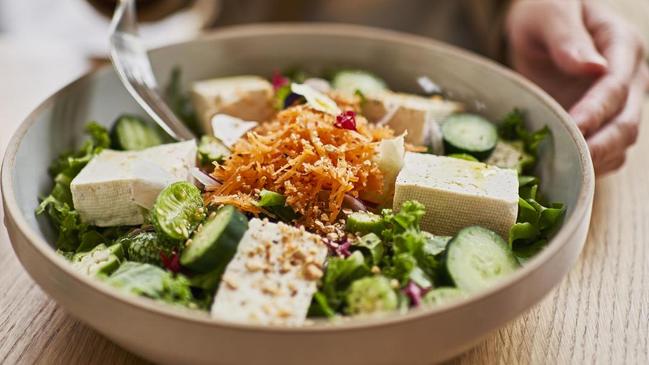
Thought cutting back on meat was an automatic fast track to better wellbeing? It may be more complicated than that. Despite being perceived as a healthier option, going full-on veggie will not necessarily bring all the positive outcomes you might expect.
Last week, in a study of more than 26,000 women aged 35-69, researchers at the University of Leeds found that those who followed a vegetarian diet had a 33 per cent higher risk of hip fracture than meat-eaters and pescatarians (who eat fish but not meat).
Professor Janet Cade, leader of the nutritional epidemiology group in the school of food science and nutrition, with her colleagues documented 822 hip fracture cases in the women over roughly 20 years, but after adjustment for factors such as smoking and age, vegetarians were the only group with an elevated risk of breaking a hip bone. “Not everyone in the vegetarian group experienced a fracture, and we need more evidence to be sure which factors are responsible,” Cade says. “But this study is an important step in understanding the potential risk plant-based diets could present to bone health over the long term and what can be done to mitigate those risks.”
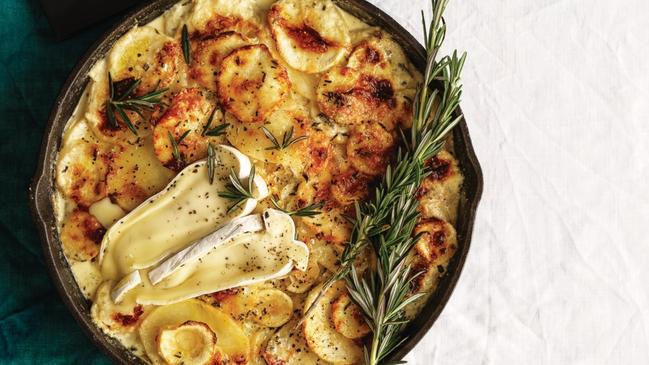
Vegetarian diets are more popular than ever. A 2021 YouGov survey has suggested that 2-3 per cent of the UK population is vegan and 5-7 per cent is vegetarian. A well-planned approach can provide all the nutrients needed to stay healthy, and there’s emerging evidence that vegetarians have healthier levels of markers for disease and are at reduced risk of a stroke and type 2 diabetes.
There are pitfalls, however, and it is relatively easy to have lower intakes of nutrients that are linked with bone and muscle health when avoiding meat and dairy. Last year a review in Clinical Nutrition found that following a vegan diet can result in deficiencies in micronutrients including vitamin B12, zinc, calcium and selenium. “Minerals, in particular calcium and phosphorus, make up the vast majority of the mineral content of bone,” Cade says. “And meat, fish and dairy are good sources of these minerals.”
Here’s what else to be aware of if you want to go veggie:
1. Take a vitamin B12 supplement
This is among the nutrients of most concern for people cutting out animal products because it is not found naturally in fruit, vegetables and grains. We need 1.5mcg of B12 daily, and although the human body has capacity to store some B12, there is an increased risk of nerve damage or neuritis if supplies run out. Anyone avoiding meat and dairy risks not getting enough of it. “While most nutrients can be obtained through the right choice of vegetarian foods, a lack of vitamin B12 is a concern, in particular for those not eating any animal products,” Cade says.
Symptoms including fatigue, muscle pains, poor memory and cognitive function can be the result of megaloblastic anaemia caused by B12 deficiency. “It needs to be consumed through either choosing fortified foods or from supplements,” Cade says.
2. Lift weights or do push-ups at least once a week
One way to improve bone health if you follow a vegetarian diet is to lift weights. Researchers reporting in The Journal of Endocrinology & Metabolism this month found that people on vegan diets who do strength training as opposed to only cycling or swimming have stronger bones than other vegans. They compared data from 43 vegan men and women and 45 meat and fish-eaters over five years, and discovered that vegans who did resistance training - using machines, free weights or bodyweight exercises such as squats, press-ups and lunges - at least once a week had stronger bones than vegans who did not.
And vegans and meat-eaters who did resistance training had similar bone strength. “People who adhere to a vegan lifestyle should perform resistance training on a regular basis to preserve bone strength,” advised lead author Dr Christian Muschitz of the Medical University of Vienna.
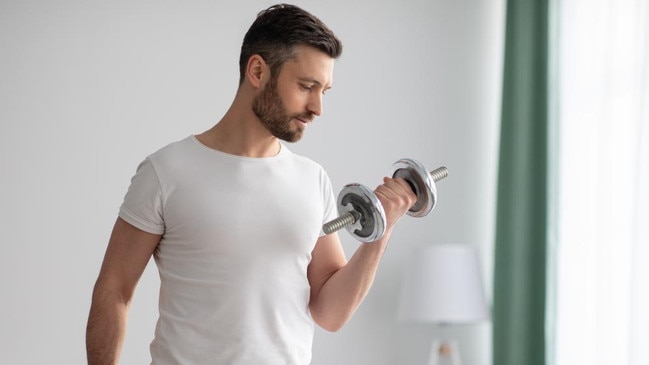
3. Check you are getting enough protein
Meat, fish and dairy provide protein in a form that is “more easily digested than plant proteins” and generally contain all nine essential amino acids required by the body to produce muscle and other tissue, hormones, neurotransmitters, as well as the cells and antibodies that boost the immune system.
“Most people do eat enough protein overall, but we know that vegetarians have lower than average intakes,” Cade says. “Dietary proteins influence the secretion and action of the hormone insulin-like growth factor 1 [IGF-1], which is important for bone formation.”
Proteins from animal sources tend to be more beneficial for building lean muscle mass than plant protein, an effect that Cade says is particularly true for younger adults. “It is important to make sure the quality of the proteins eaten on a vegetarian diet meets requirements for muscle and bone health,” she says. “While some plant proteins, including pea protein and soy beans, are also complete protein sources, many other plant foods do not have all of the required amino acids and so are considered incomplete proteins.”
You can obtain the amino acids you need by eating a variety of plant foods in combination. Good protein sources include nuts, seeds, pulses, mycoprotein, soya products and grains including quinoa, oats, spelt and couscous.
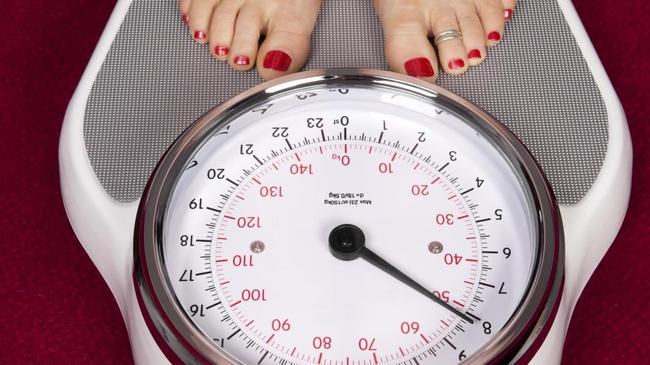
4. Keep one eye on the scales
Some people find that weight loss is a welcome side effect of a vegetarian diet, and a study last year showed that vegetarians tend to be slimmer than meat-eaters. But lose too much and it can lead to poorer bone and muscle health, Cade says. Being underweight is associated with bone loss.
“We did initially find that the risk of hip fracture was higher in underweight vegetarian women compared to others,” she says. “However, when we looked at this formally there was no evidence that BMI could alter the hip fracture risk for vegetarians.” However, she says the advice remains for women to build better bone health by eating a variety of foods and maintaining a healthy body weight.
5. Consider an omega-3 supplement
The omega-3 fatty acids docosahexaenoic acid (DHA) and eicosapentaenoic acid (EPA) are typically found in fatty fish - such as salmon, tuna, sardines, trout and herring - and getting about 3g a day of them was shown to help to lower blood pressure in a study published recently in the Journal of the American Heart Association.
Although walnuts, flaxseeds, chia seeds, hemp seeds, edamame, seaweed and algae do contain some omega-3 fatty acids, Cade says they “are difficult to get from plant foods”, and while a ” ‘food first’ approach” is best, you may need a supplement. “Eating foods fortified with key nutrients or taking supplements can help vegetarians get enough omega-3 fatty acids,” she says.
The Times


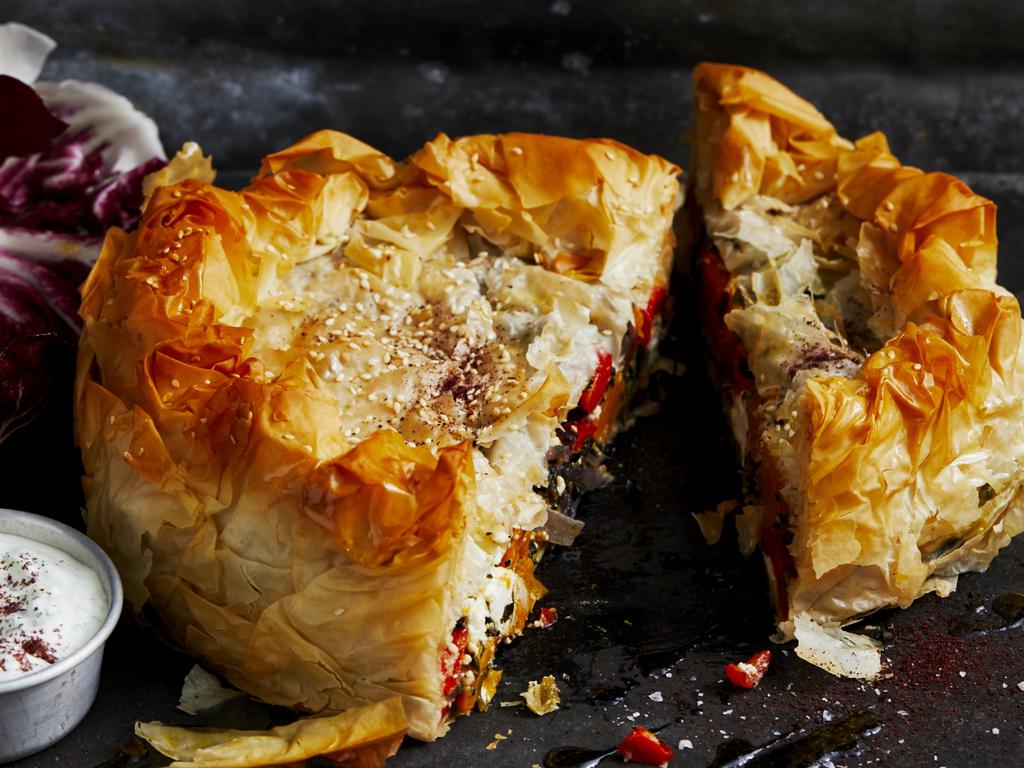


To join the conversation, please log in. Don't have an account? Register
Join the conversation, you are commenting as Logout